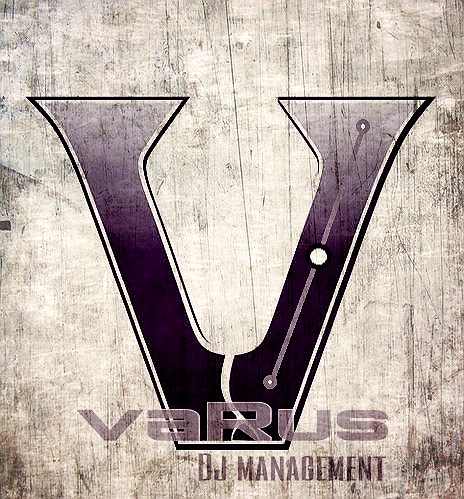Have you always wanted to be a disc jockey (DJ) at a popular radio station? Do you want to know what radio stations consider when searching for an on-air personality? Being a sought-after DJ takes more than just a great voice; it takes knowledge of how the radio industry operates while expressing diversity in his or her music choices. Below is a list of what you’ll need to break into the competitive radio broadcasting business, as well as what qualities radio executives or program directors may look for in aspiring radio personalities.
A dynamic personality – This is probably the most important quality that radio stations look for in a DJ. If a DJ doesn’t have a good on-air personality, he or she won’t be able to interact with the audience well. A DJ’s personality must be on target to the demographic and station’s other on-air talent. DJs represent a radio station and radio executives look for professionals who can mesh well with the station’s format and are comfortable behind the microphone.
The ability to think on your feet – Quick thinking is a good quality to have in the radio industry. It shows you are able to respond fast in any situation. It’s essential in live radio, as there’s no time for mistakes or awkward pauses.
Know how to operate a soundboard and other industry equipment – Radio station executives expect you to know how to operate the equipment on Day One. Training is sometimes provided for the right candidate or if the station receives new equipment, but a DJ should be fully trained in this area before stepping into the studio.
Be available to work at any hour – DJs should be willing to work the afternoon shift or the overnight shift. Oftentimes, radio stations hold special events or promotions requiring DJs to be present. These events could take place on the weekends or at night, usually opposite of the DJs scheduled air time. DJs may often be asked to record spots or commercials before, during or after a shift. Having a flexible schedule can help to make a real impact in the radio industry.
Stay updated on current events – News, weather and sports are a large part of radio, even if you work with just music. It’s good to always keep up on the latest events; you never know when you’ll be talking about it on the air. A successful DJ will discuss topical events with audience participation through phone calls, email and text messages.
Be willing to adjust to a format – A newly trained DJ should choose a genre to specialize in, whether it is Rock, R&B, Hot Adult Contemporary, Country or Top 40 Hits. This gives DJs experience in that specific format, allowing for further growth in a larger market. A DJ should also be open to switching formats. Versatility is key because your first or second choice is not always hiring.
An impressive audio resume tape – Audio resumes, sound clips or demos are often short snippets of a DJ’s best work. DJs will often send their work to various radio stations for consideration when a station is hiring.
Experience – If you’re just starting out, use your experience from radio broadcasting school to help find a position. Starting off in a small market can provide enough experience to allow you to move into a bigger radio market after a few years.


No comments:
Post a Comment